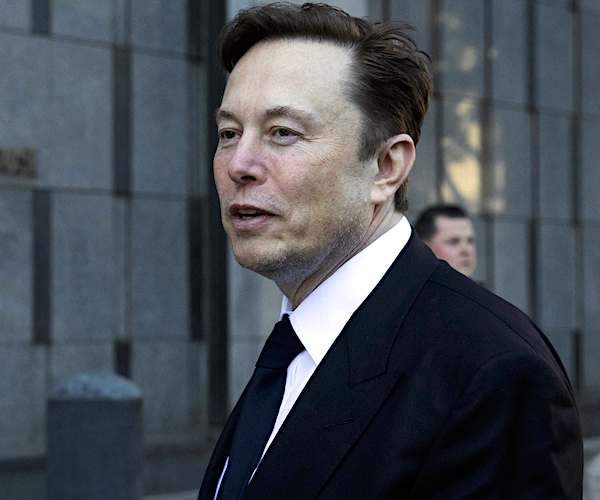[ad_1]
During a conference in France last week, the United Nations Educational, Scientific, and Cultural Organization, known as UNESCO, recently expressed concerns about upcoming human trials for Elon Musk’s Neuralink brain chip implant.
“Groundbreaking developments in neurotechnology offer unprecedented potential,” Assistant Director-General for Social and Human Sciences of UNESCO Gabriela Ramos said during the International Conference on the Ethics of Neurotechnology on July 13. “But we should remain aware of its negative impact if it is employed for malicious purposes. That is why we must act now to ensure it is not misused and does not threaten our societies and democracies.”
The organization said that while technology like Neuralink, which was approved by the U.S. Food and Drug Administration for human trials in May, offers “unprecedented potential,” there is also a need to protect users’ privacy and guard against “malicious purposes.”
According to its website, Neuralink is a “generalized brain interface to restore autonomy to those with unmet medical needs today and unlock human potential tomorrow.”
Ramos said during the conference that the technology has developed quickly in the last two decades, allowing a greater understanding of the way the brain functions, and that these kinds of devices can help restore people’s hearing and sight, as well as physical and personality disorders.
“The stakes are high,” Ramos said. “Who is in control when all of this data is being gathered? When will they use it and how?”
Participants at the conference agreed that there is a need for “a comprehensive governance framework” to enhance its possibilities while addressing potential risks to societies, the organization reported.
“We need to follow an ecosystems approach,” U.N. Secretary-General’s Envoy on Technology Amandeep Singh Gill said during the conference. “The private sectors and the investors who are investing in the startups need to be engaged and to be brought into this discussion early, so that the standards we create and the recommendations we make are designed to be impactful not only for today, but into the future.”
Reuters reported May 25 that the FDA gave its clearance to human testing with the chip implant that Neuralink said “represents an important first step.”
“This is the result of incredible work by the Neuralink team in close collaboration with the FDA and represents an important first step that will one day allow our technology to help many people,” the company said in a post on Twitter at the time. “Recruitment is not yet open for our clinical trial. We’ll announce more information on this soon!”
